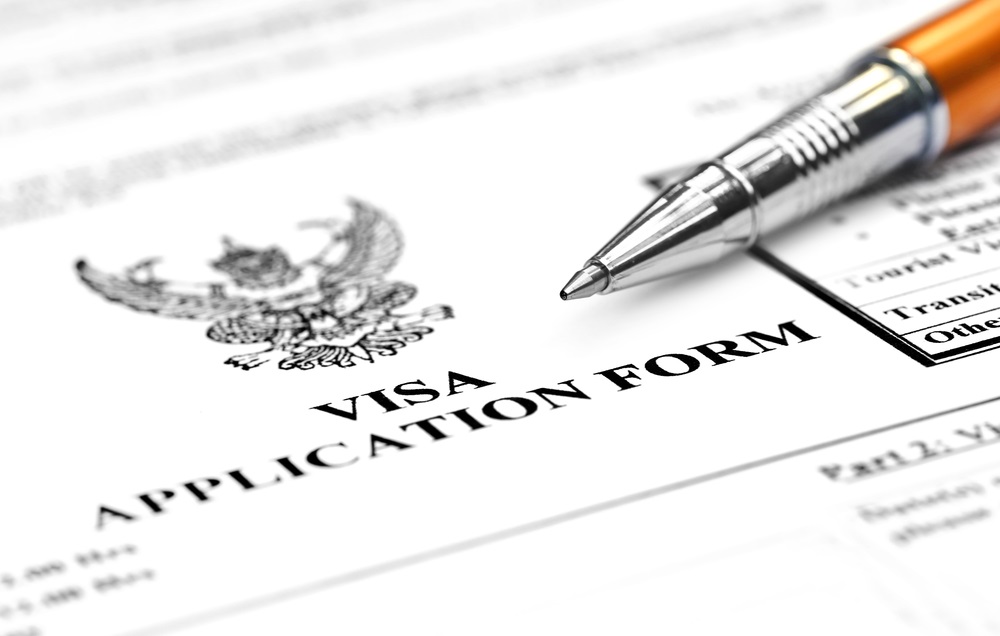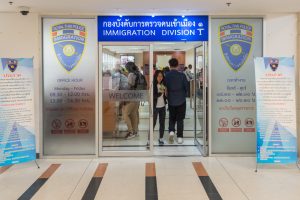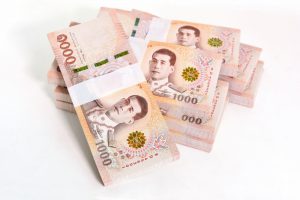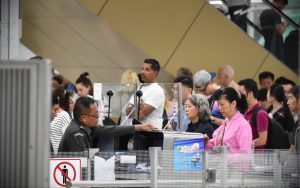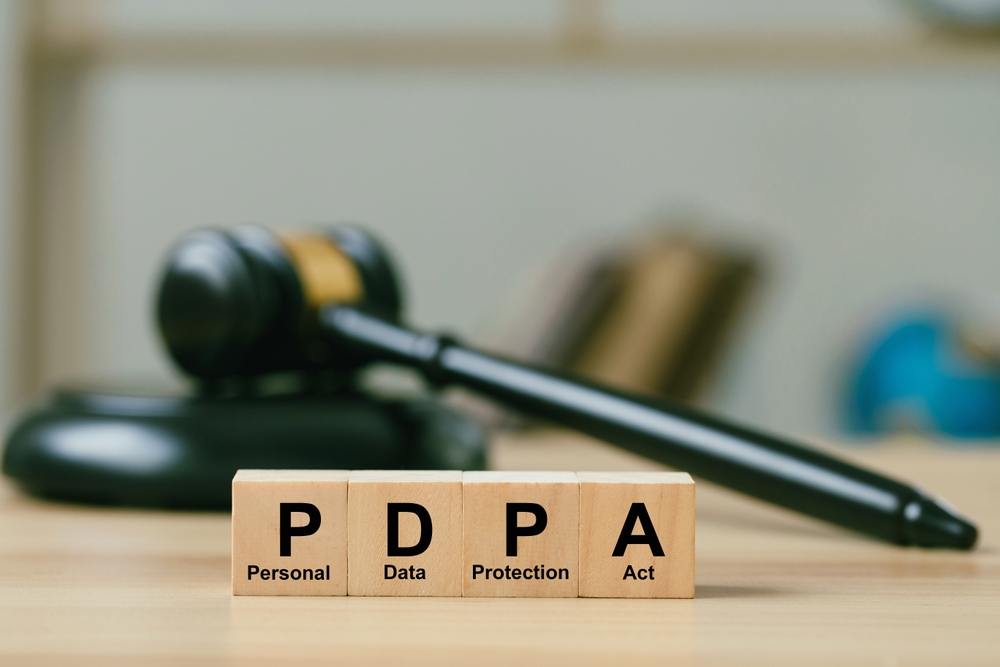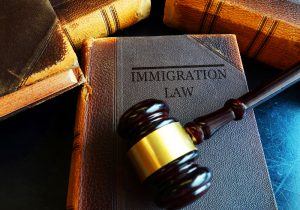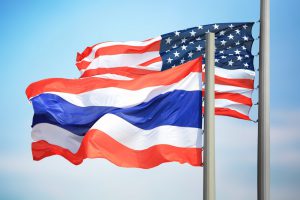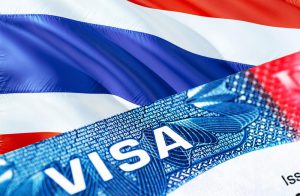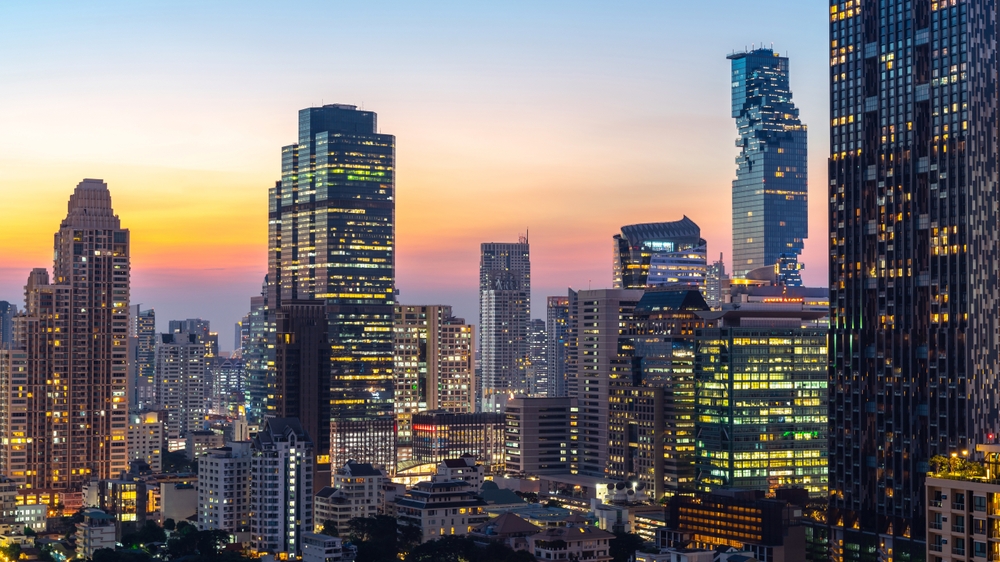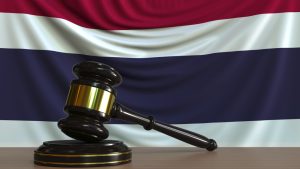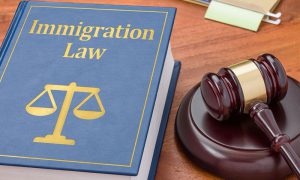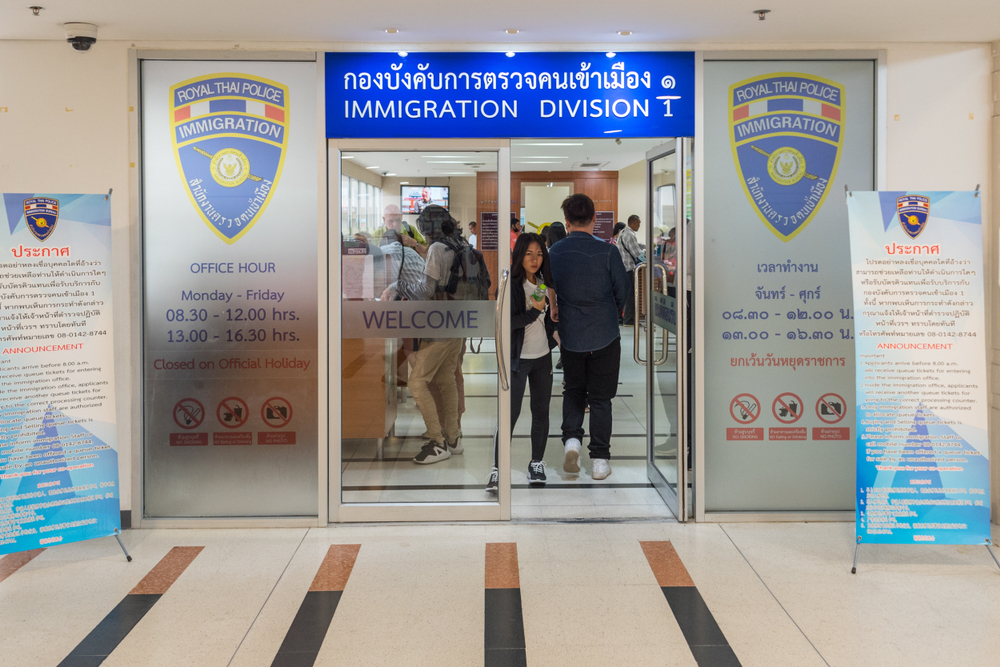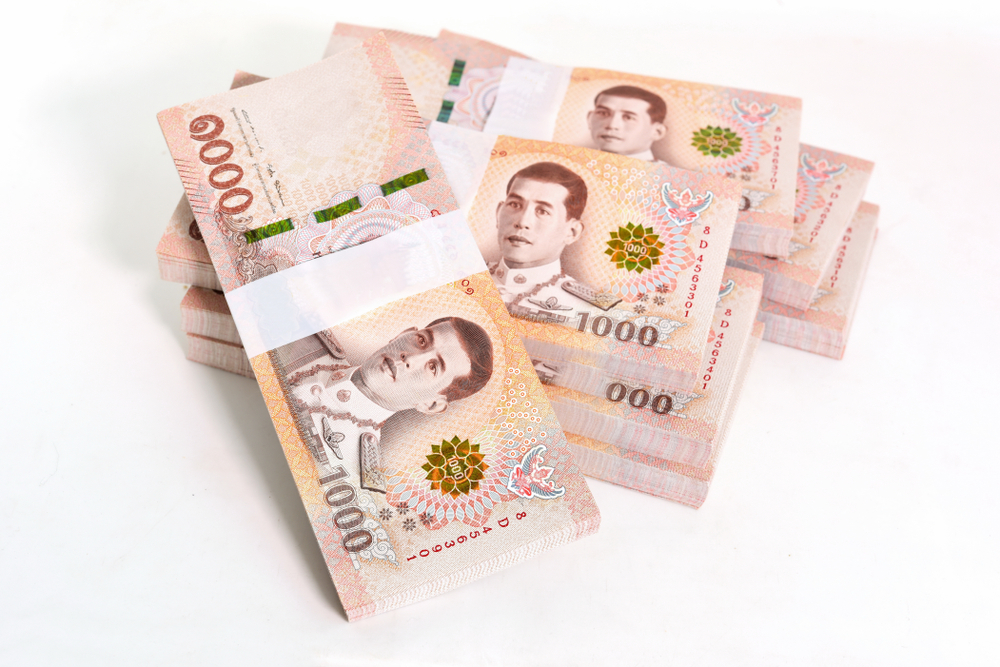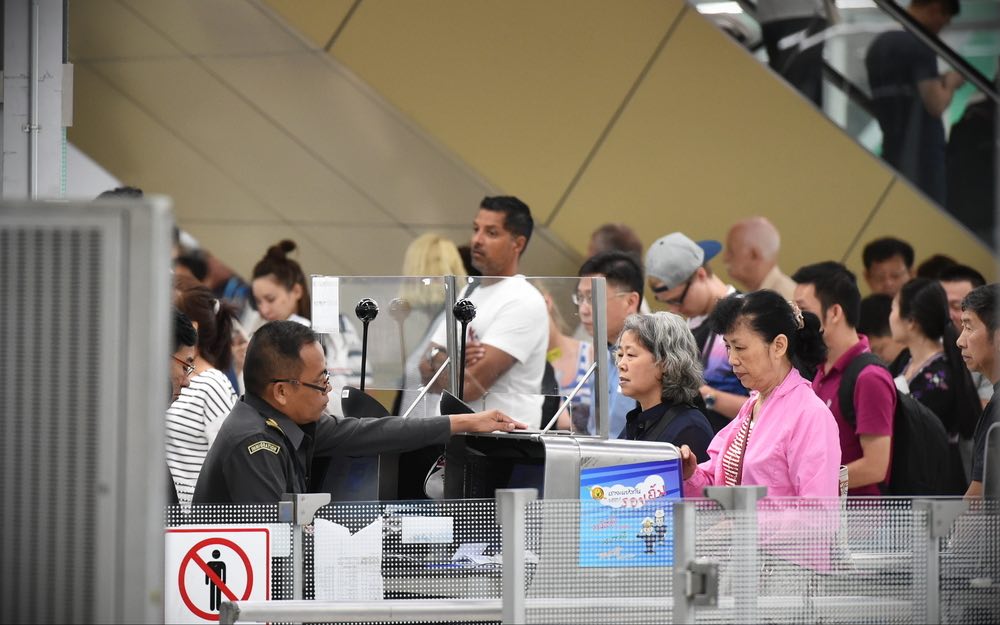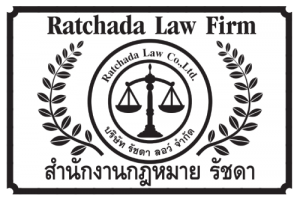To Establish a Branch Office in Thailand
Establishing a branch office in Thailand can be more complex, costly, and timely when compared to incorporating a private limited company. However, the advantage of a branch office is that it can be 100 percent foreign-owned.
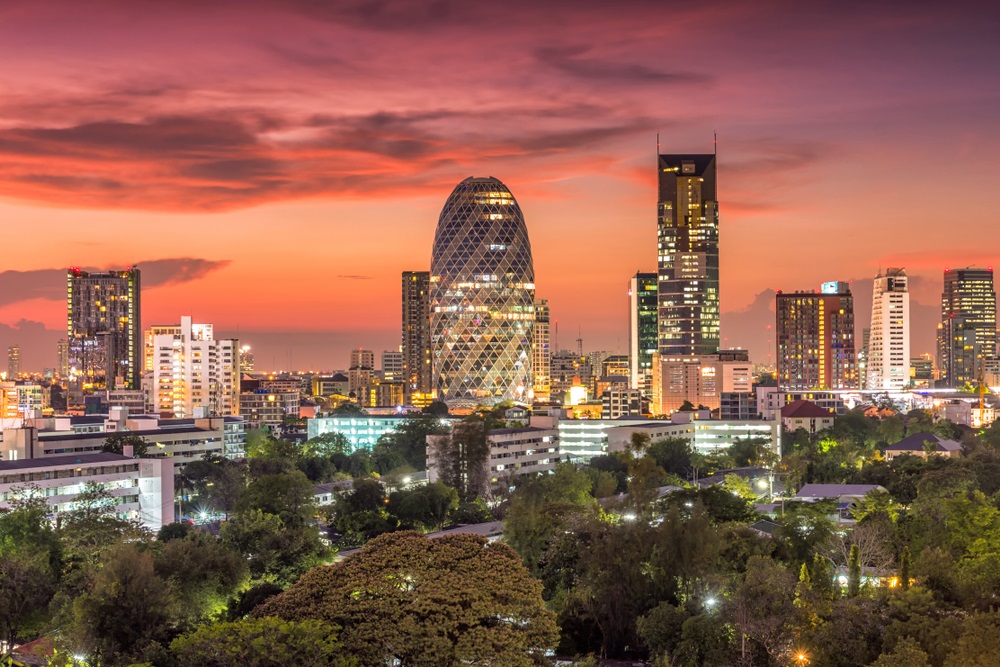
Foreign businesses seeking to set up a branch office must also obtain a Foreign Business License and adhere to the regulations under the Foreign Business Act. The Act draws a clear line on what activities are regulated and restricted to foreign companies. While some sectors are totally prohibited to foreign entities, others are open through the explicit permission of a designated government agency.
Since the branch office is an extension of the head office, this business entity is allowed to generate revenue in Thailand and must meet the requirements specified in the Foreign Business Act of 1999, such as obtaining a Foreign Business License (FBL) and registering for VAT. Further, the head office is held responsible for the liabilities of the branch office.
Thailand’s Foreign Business Act of 1999 restricts the activities foreign companies may engage in and are thus reserved only for Thai nationals. There are three lists annexed in the Foreign Business Act.
- List one – business activities not permitted for foreigners due to special reasons (e.g., animal husbandry, fisheries, farming or horticulture, trading in land).
- List two – business activities that are related to national security, natural resources, or traditional handicraft. Such activities require special approval from the Cabinet (e.g., manufacture, distribution, and maintenance of firearms, wood carvings, manufacture of Thai musical instruments, mining of rock salt, furniture production, and mining activities).
- List three – business activities where Thai nationals are currently unable to compete with foreign businesses. Still, foreign companies will need the approval of the Thai Ministry of Commerce to engage in activities under list three (e.g., rice milling, forestry, legal services, accountancy, engineering, tourism, advertising, and sale of food and beverages).
What are the requirements to set up a branch office in Thailand
The parent company will need to fulfill the following criteria to the Thai Ministry of Commerce before establishing the branch office.
A copy of the company’s incorporation documents, members of the board of directors, the official place of business, and business objectives.
Appointing an agent to head the branch office
A letter stating the appointment of an agent who will head the branch office. The individual can be a Thai national or a foreigner. If a foreigner is appointed, they will need to submit their passport details and evidence of permission to enter and stay in Thailand.
Business activities
A declaration on the type of business activities and type of business license including the size of the operations, the size of the workforce in Thailand, and a declaration on how Thailand will benefit from the business operation.
Latest Articles
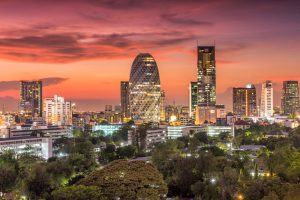
To Establish a Branch Office in Thailand
Establishing a branch office in Thailand can be more complex, costly, and timely when compared to incorporating a private limited company. However, the advantage of a branch office is that it can be 100 percent foreign-owned.
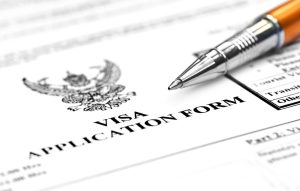
Thailand Visa Procedure in brief
Generally, a foreign citizen who wishes to enter the Kingdom of Thailand is required to obtain a visa from a Royal Thai Embassy or a Royal Thai Consulate- General

Laws of Thailand
The principal law sources in Thailand are: Criminal law; Administrative law; Immigration law; Private law; Law of Obligations; Corporate law;
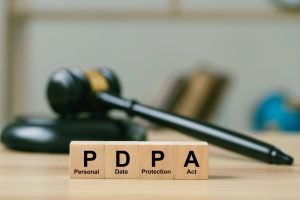
Thailand’s Personal Data Protection Act
Thailand’s first-ever law on personal data protection came into force on June 1, 2022. The law outlines the obligations for businesses regarding the collection and processing of personal information. The government is expected to provide a grace period for SMEs to comply with the new law.
